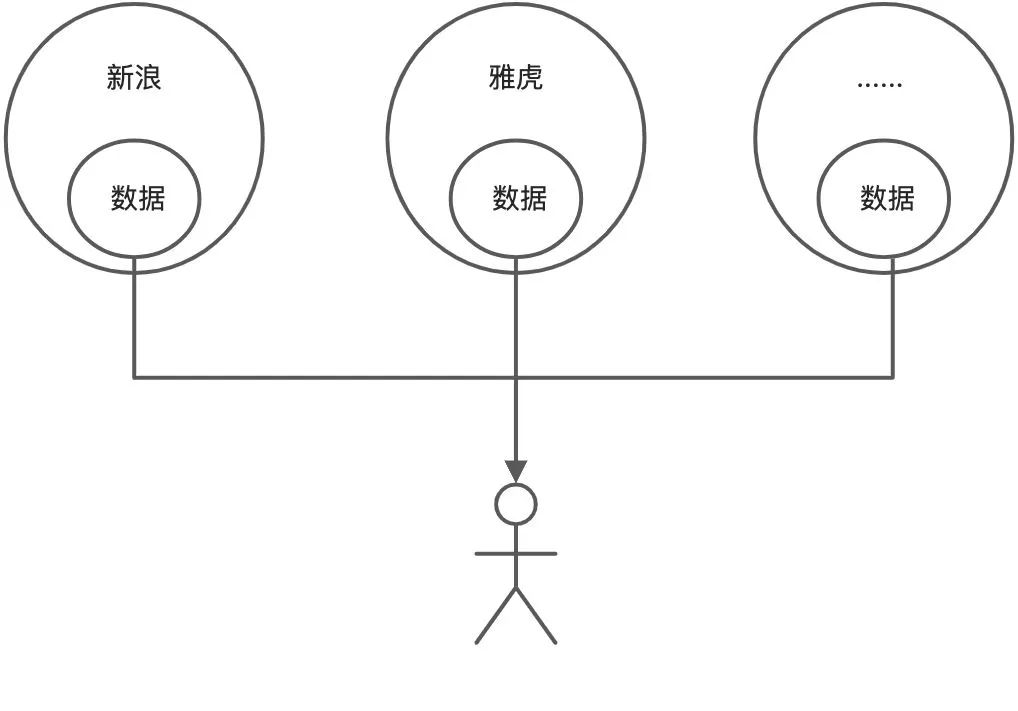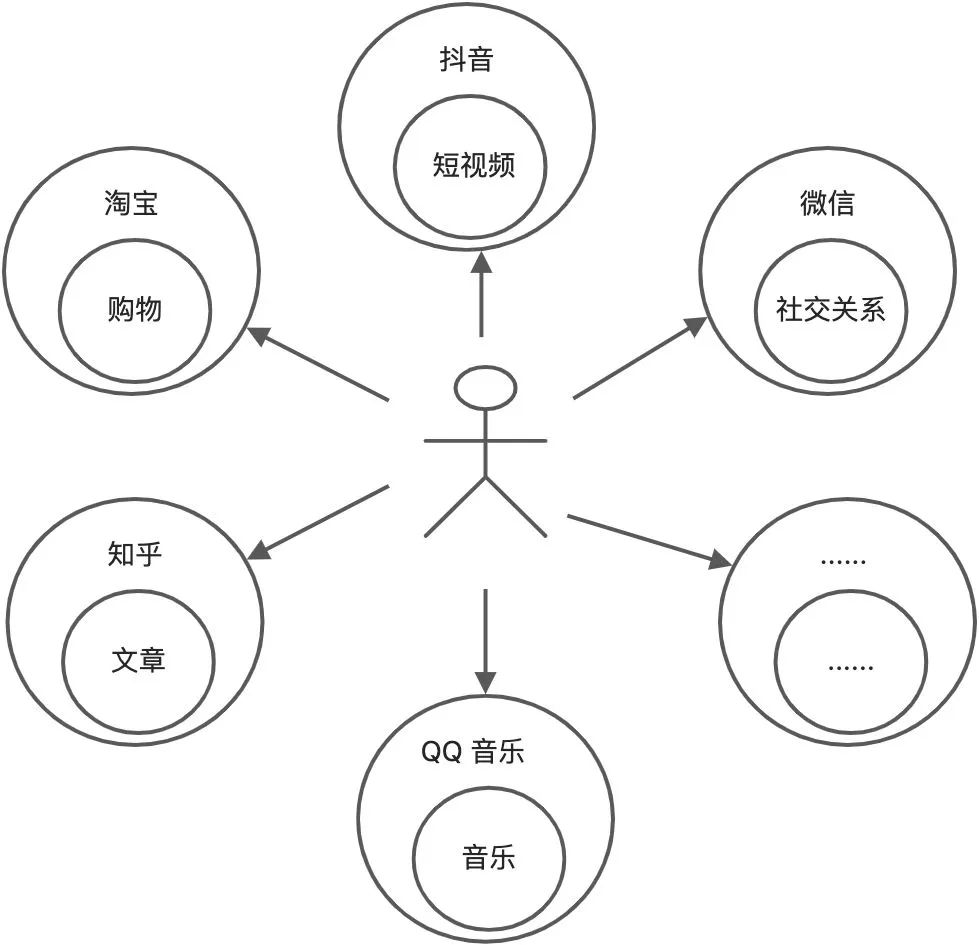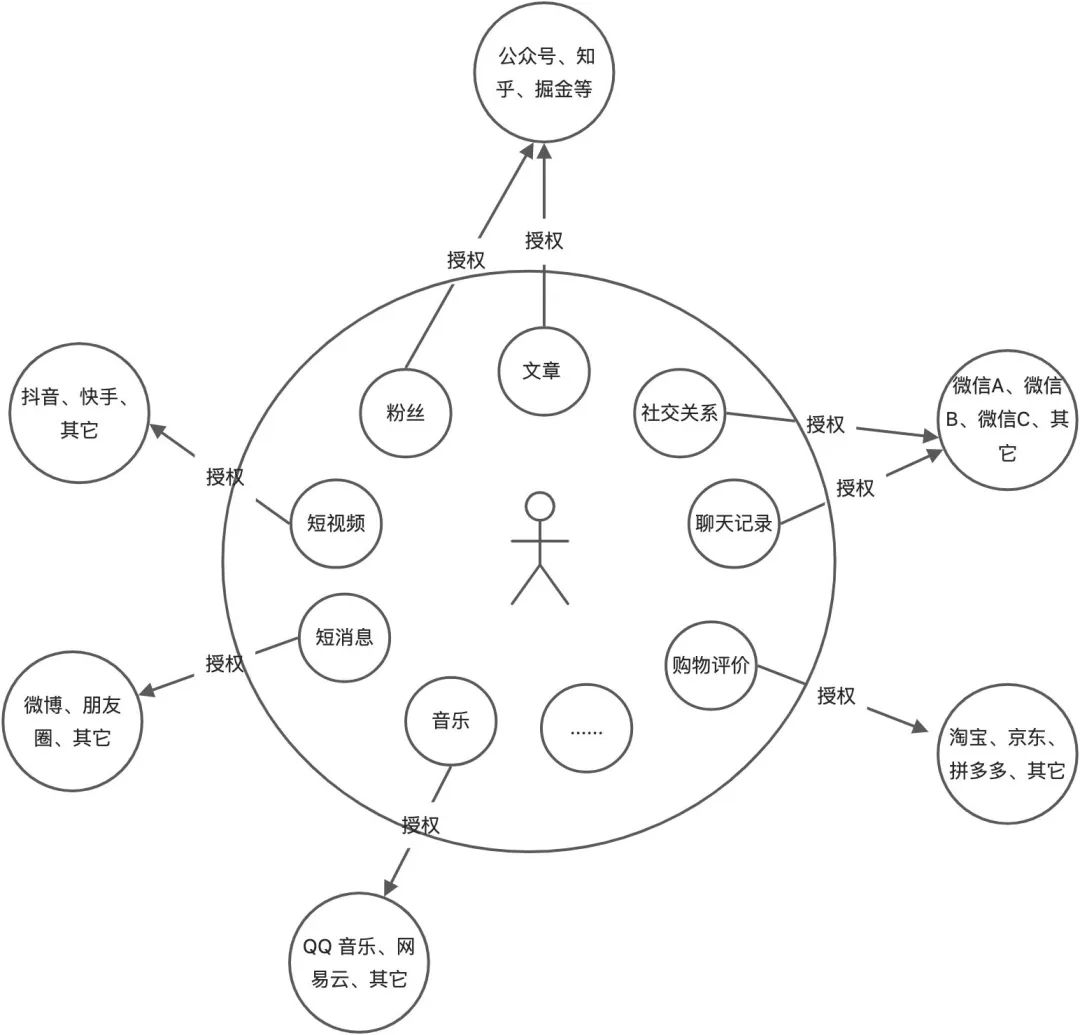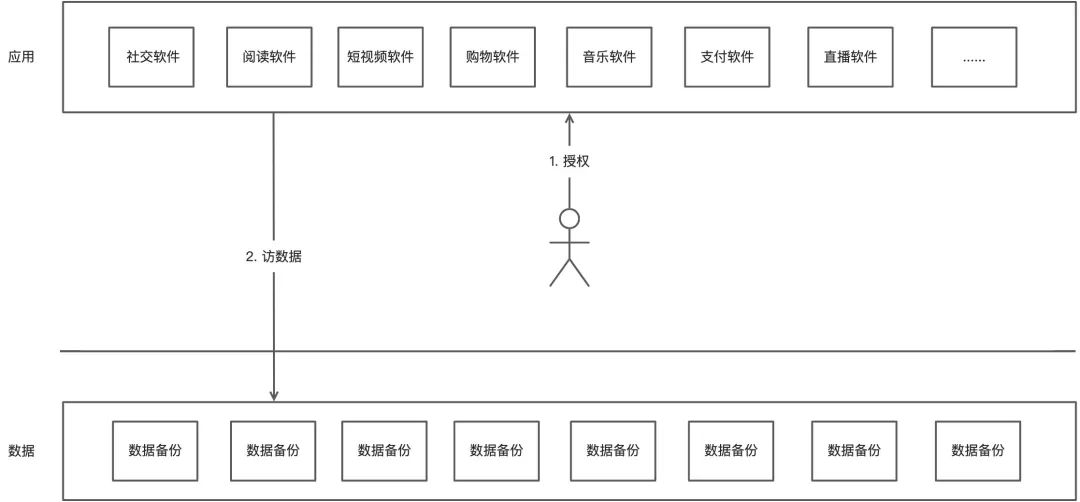What do I think Web3 is? let me tell you!

When it comes to web3, many people think that this is a scam and is cutting leeks. This is because most of the articles introducing web3 are inseparable from concepts such as NFT, digital currency, blockchain, Bitcoin, Ethereum, and the Metaverse, which are mysterious and mysterious. They are separated from our lives and do not solve our pain points. At the end of the general article, it also teaches us how to speculate on coins, how to buy and sell NFTs, and how to cut leeks properly , so most people think that web3 is fooling people.
To be honest, I also feel that many things are hype, and I don't believe it.
A picture for millions of dollars? An air coin for my money? Metaverse? Maybe wait until my son grows up to play?
About what web3 is, each article may introduce it differently. It seems that everyone has not reached a consensus on what web3 is. But for ordinary people, we only care about whether web3 solves my pain points and whether it brings me value.
In this article, I will introduce the web3 form that I approve of through the vernacular, which has greatly solved our pain points, and I would like to call it the future!
This article will not involve any related concepts such as leek coins (I don't understand either), please eat them with confidence.
The cage of web2 (the current pain point)
Generally speaking, web1 refers to the portal era. The content is created by major portal websites, and ordinary users are just browsing parties. The data is produced by the portal, the revenue is of course theirs, and the value flows in the right direction. Summary: platform creation, platform ownership, platform control, platform benefit.

What we usually call web2 is our current Internet form: user creation, platform ownership, platform control, and platform distribution.

Here are some typical examples:
- We created short videos on Douyin, Douyin owns our videos and controls the distribution of videos, and the indirect revenue also goes to Douyin platform.
- The social relationships, chat records, and circle of friends data that we maintain on WeChat are also owned by the WeChat platform, and the indirect revenue is earned by WeChat .
- We purchased products on WeChat and Taobao, and Taobao owns a large number of purchase records. Taobao generates revenue indirectly by analyzing the purchase records .
- ......
There are many problems with web2:
- Unreasonable ownership and benefit rights: not in line with the market rules of "who creates, who owns, who benefits". For example: I published dozens of articles on Zhihu, official account and other channels, but no profit.
- Platform monopoly and control of users: Massive content created by hundreds of millions of users is provided to the platform for free, giving birth to the emergence of multiple super giants. In turn, the giants began to control users, such as:
Major content platforms control the content recommended to users through algorithms .
Baidu search homepage is full of paid ads .
The platform is fragmented, WeChat blocks Alipay, Taobao, Douyin sharing, Taobao does not support WeChat payment, etc.
E-commerce platforms are dead .
The content posted in the circle of friends is blocked and only visible to you .
- Data is fragmented and cannot be migrated: Even though our control of the major platforms has become too much, we have no way to change it. Our data is owned by the platform and cannot be migrated. In addition, under the current model, it is difficult to give birth to the white lotus platform.
Every time I write an article, I need to post on the official account, Nuggets, Zhihu, and Github . Wait for each channel to publish once. Everyone's comments, likes, and attention to the article are split and belong to each platform, not my article .
I can't stand the monopoly of WeChat, but I can't transfer the content I created, such as WeChat friends, chat records, and Moments, to other platforms .
I can't transfer Zhihu fans, articles, comments, and followers to Nuggets .
The music I purchased on QQ Music cannot be played on NetEase Cloud Music Player .
- Privacy issues: Our social relations, chat records, shopping records, search records and other data are controlled by major platforms, and they can freely use our private data .
- Data credibility: The data provided by the platform is not credible, such as:
The readings of my articles may be false .
Items purchased may be false .
Suggested trending videos may not really be trending .
- Data security: Our data is centrally stored by the platform. If the platform hangs, our data will be gone .
Personally, I've gotten to the point where I can't bear many of the points in web2, and if web3 solves those problems, then I'm a fan of web3.
freedom and development
Based on the market economy, the purpose of web3 must be user creation, user ownership, user control, and protocol distribution.
In web3, all the user's data belongs to the user, and the user can authorize other platforms to access certain types of their own data. Imagine this scenario:
- Social relations, chat records, real-time chat messages, etc. are managed by me personally. If WeChat does not do well, I will fire him and not authorize him. I delegate this information to another chat tool with a really good experience.
- The music I purchased was managed by me personally. QQ Music made me uncomfortable, so I fired him and licensed my music to another music software.
- I personally manage the articles I write, as well as the comments, favorites, and concerns of the articles. I will authorize whichever platform has a better experience.
The conclusion is, which software makes me uncomfortable, I will seamlessly switch to another software, and let the software supplier go to the involution.

It is happy to think about the squid that can fry WeChat at will. It wasn't possible before, but web3 does bring that opportunity. I think the implementation idea of web3 should be like this:
- The user's data is stored somewhere, the user has full control over the data, and no one can access and modify the data without authorization.
- The software requires user authorization to access user-specific data.

For the technical solution of the data storage part, we require that the problem of trust can be solved. That is, the user completely trusts the data storage party, and no one can access and modify the data without the user's authorization. Centralized data storage certainly cannot meet the requirements. From the current point of view, the "blockchain" decentralized technology is very suitable as a trusted data storage solution here. This is why web3 is always tied to the blockchain. In fact, if there are other technologies that can solve the trust problem, it is also OK.
For software providers, it may be lighter in the future. For example, many software may not need a database, and the data is completely brought by the user. All the software needs to do is to help users manage data, such as playing music, managing articles, chatting, etc. Software providers must attract users with a high-quality experience, and they are happy to think about it.
Summarize
Where there is oppression, there is revolution. web3 allows us to fully control our own data, and allows us to use better software. Users will vote with their feet, so why is it not successful? So I am still determined in the direction of web3, although this road is really difficult , needs countless people to explore, but the future of the Internet must belong to web3!